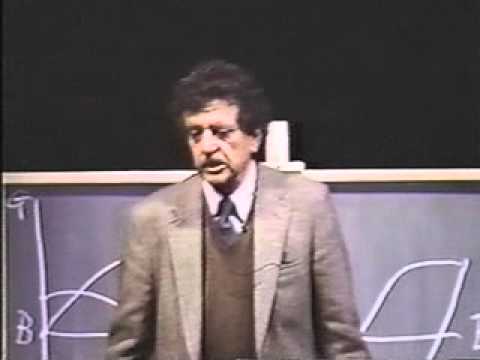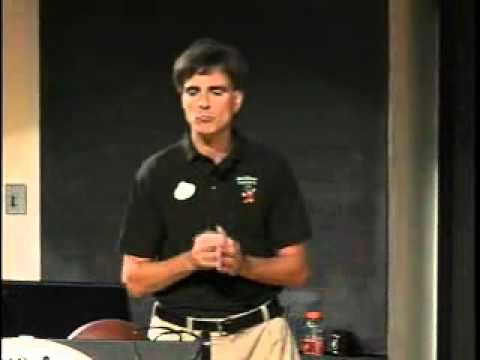You may have noticed a recent media hubbub around a learner’s (legitimate!) reaction upon realizing that their “favourite new teacher” had been deceased for over a year. It appeared on the Chronicle and in Slate before @cogdog covered the situation with nuance and insight.
The deceased prof taught at Concordia University and the course is hosted by eConcordia (ConU’s online branch, which is less profit-averse). As far as I know, the content carries no open license. However, ConU’s Library Services Fund is currently being used to develop, adopt, and modify OERs (particularly textbooks).
The reason I find it relevant is that there’s a strong connection in people’s minds between content and teaching. As we all know in the OER sphere, there’s a lot of potential when we use open content (hello David) to open up our practices… and disembodied content is merely a part of the overall OER equation.
So I’m posting this as a kind of “message in a bottle”… and I’m thinking about proposing an #oeweek activity around use of deceased profs’ teaching legacy.
Anyone interested?
 , I am just going to say it. I like this a lot, thanks for stirring up the pot.
, I am just going to say it. I like this a lot, thanks for stirring up the pot.

